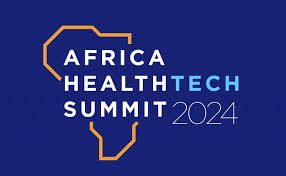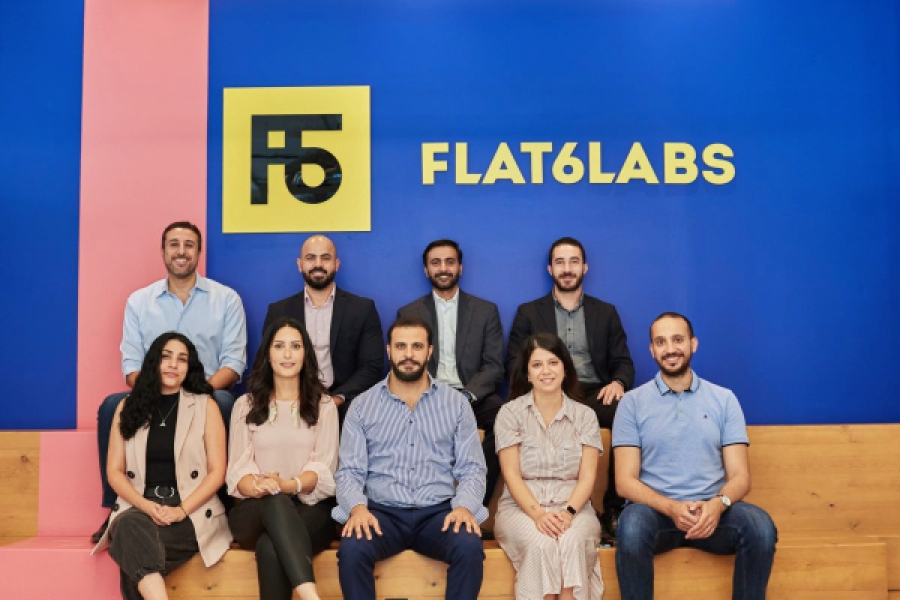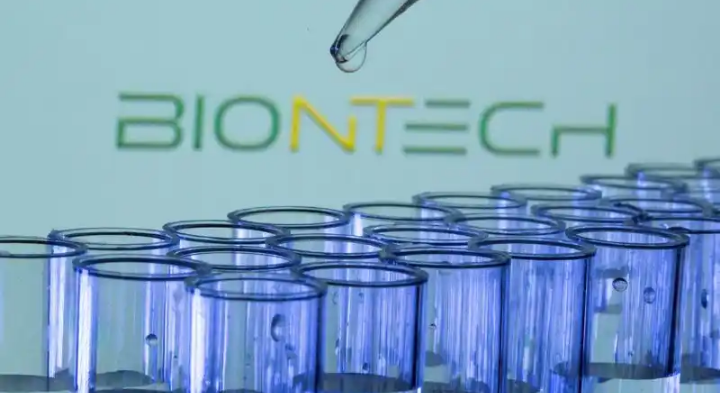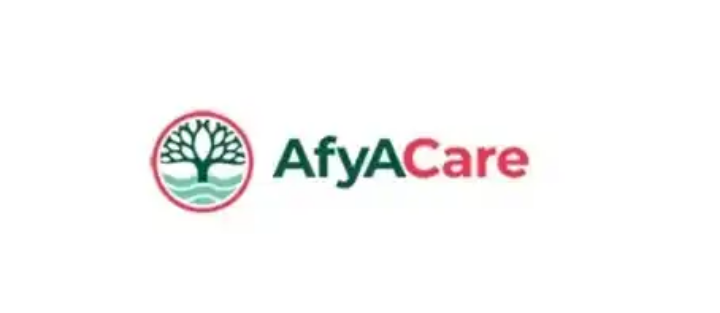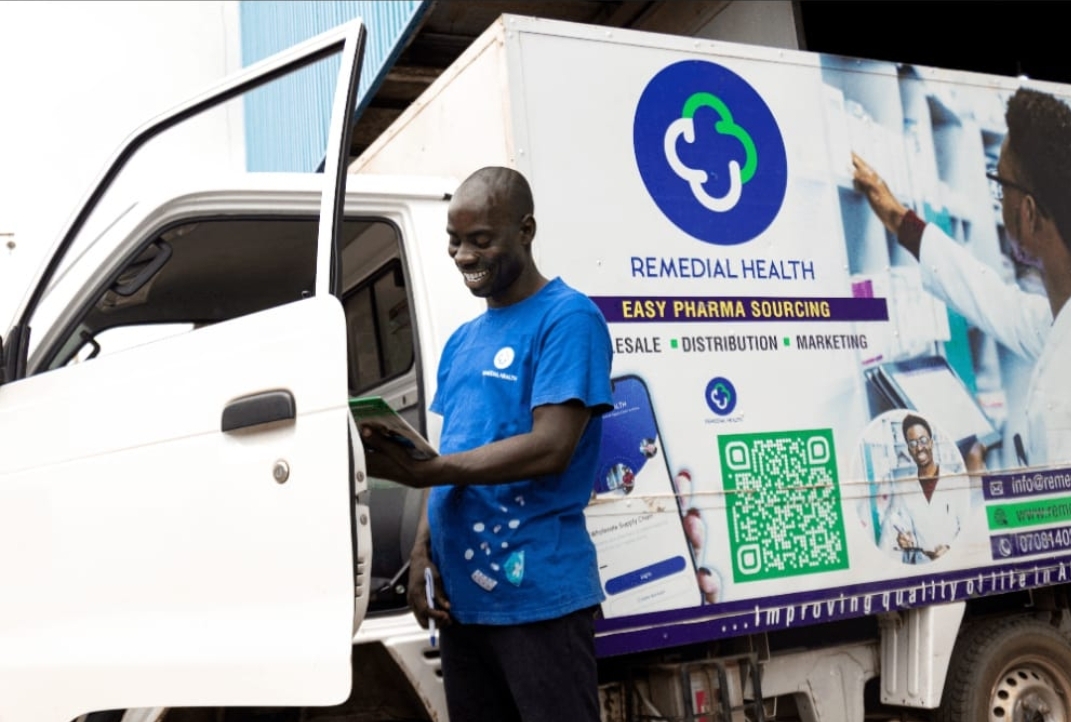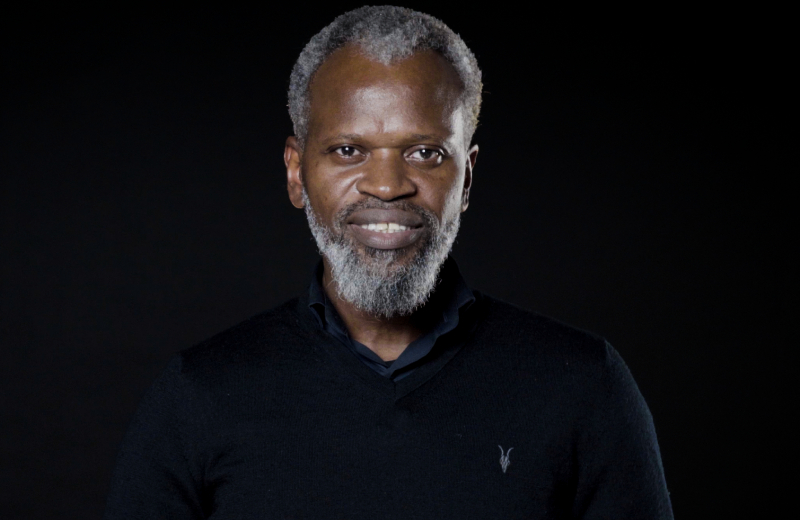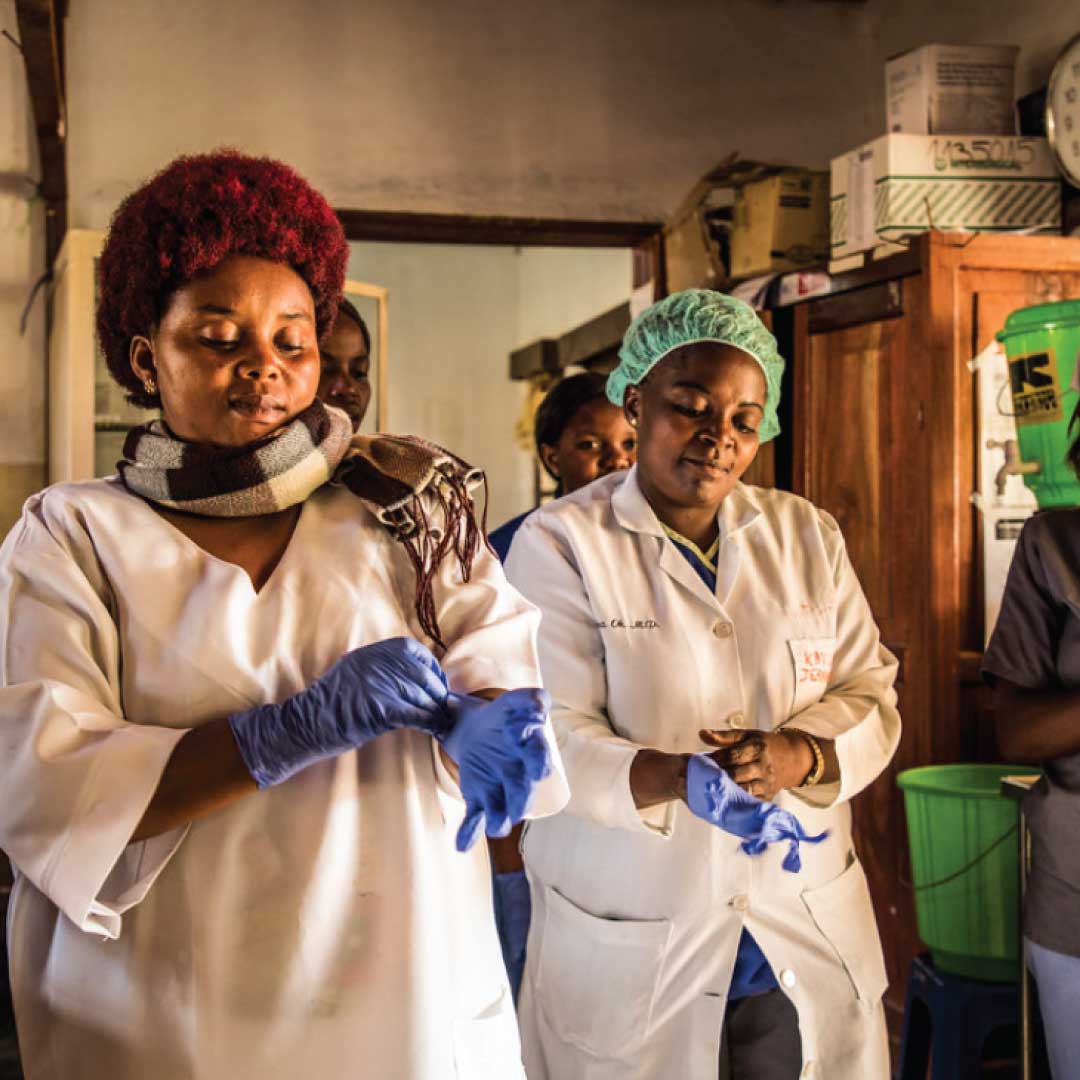The third edition of the Africa HealthTech Summit will take place at the Kigali Convention Center from Tuesday, October 29, to Thursday, October 31, 2024.
Organised by Africa CDC and Smart Africa, this year’s summit aims to gather stakeholders, including ministers of health and ICT, national public health institutes, regulators, tech innovators, healthcare professionals, development partners, investors, and academics. The goal is to explore how digital transformation can reshape the future of healthcare across the continent.
Read also: GE Healthcare’s new AI Lab will predict recurrence of aggressive breast cancer in patients
Focus on emerging technologies for resilient health systems
Under the theme ‘Innovating for Community Health, Unlocking the Power of AI’, the summit will delve into the potential of emerging technologies such as artificial intelligence (AI), cloud computing, the Internet of Things (IoT), robotics, drones, and blockchain to address Africa’s pressing health challenges. By leveraging these technologies, the discussions will centre on strategies to strengthen health infrastructure, improve disease prevention and surveillance, and expand access to diagnostics and care.
Jean Philbert Nsengimana, Chief Digital Advisor at Africa CDC, highlighted the critical role of technology in transforming healthcare, noting, “Digital transformation is not just an opportunity; it is a necessity for the future of healthcare in Africa.”
The summit, according to Mr Nsengimana, will ensure that digital tools are adopted and maximised to build resilient health systems that can adapt to the challenges posed by evolving health threats.
High-level participation and key sessions
The summit’s official opening ceremony will feature a welcome address by Hon. Dr. Sabin Nsanzimana, Minister of Health Rwanda, a keynote address by H.E. Dr. Jean Kaseya, Director General of Africa CDC, and opening remarks by Lacina Koné, CEO of Smart Africa. Their remarks will touch on the importance of collaboration in achieving sustainable improvements in healthcare delivery and digital innovation.
Throughout the three-day summit, sessions will explore various aspects of digital health, including connected diagnostics and Africa’s integrated disease surveillance system. These discussions aim to bolster early detection capabilities and strengthen responses to health threats across the continent.
The agenda will also cover how technology can streamline supply chains, ensuring more efficient distribution of essential medicines and resources.
Nsengimana stressed the significance of such discussions, stating, “By embracing these digital tools, we can ensure that no community is left behind in our efforts to improve health systems.”
The sessions will provide a platform for stakeholders to share insights and explore how to integrate digital solutions into existing healthcare structures.
Building capacity and advancing digital health initiatives
A key focus of the summit is on enhancing the skills of health workers to adapt to digital tools and technologies. Training sessions and workshops will emphasize the use of AI in clinical decision-making, as well as innovative approaches to digitized primary care. These methods are designed to improve access to quality health services, particularly in underserved communities where traditional healthcare delivery methods have often fallen short.
The summit will also spotlight initiatives like the Africa Digital Health Index and Healthconnekt Africa, which aim to strengthen health data governance and create more efficient healthcare systems across the continent. These projects are pivotal to driving progress toward universal health coverage, ensuring that data-driven solutions lead to better decision-making and targeted health interventions.
Driving long-term impact in Africa’s health sector
The Africa HealthTech Summit seeks to build a stronger healthcare sector that can adapt to the rapidly changing technological landscape. By uniting diverse stakeholders, the event aims to create a foundation that supports sustainable innovation in healthcare, ultimately improving health outcomes for millions of Africans.
“This event is more than a gathering—it is a movement toward a future where technology enables healthier lives for all Africans,” said Mr Nsengimana to clarify the summit’s vision.
With its focus on emerging technologies, capacity-building, and collaboration, the Africa HealthTech Summit is set to play a pivotal role in guiding the digital transformation of the continent’s healthcare landscape. It offers a unique opportunity for stakeholders to collaborate on solutions that address both current and future health challenges, shaping a more equitable and efficient healthcare system for the continent.
